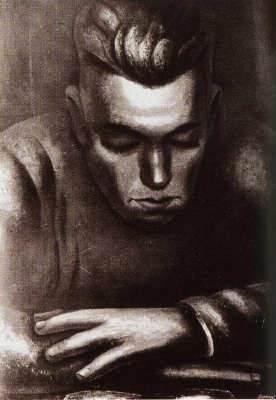Those who plan to attend the APsaA conference, at New York Midtown Hilton, in Feb. of 2018, we invite you to our clinical case hose who plan to attend the APsaA conference, at New York Midtown Hilton, Feb. 15, 2018, 7-9 PM, we invite you to our clinical case discussion group: Towards an Understanding of Loneliness and Aloneness.
Dr. Danielle Knafo will present her clinical and theoretical material that describes her treatment of a singular young Japanese man, Hisoka, who epitomized the phenomenon of Hikikomori. The hikikomori are young people who live extremely solitary lives, never leaving their homes and hardly coming out of their rooms. At the onset of therapy, Hisoka only emerged for his therapy sessions and even then he hardly participated in a usual manner. The therapeutic work involved the creation of a safe holding space within which Hisoka learned to face the derailments of his early attachments and to engage in a mutual relationship. He gradually took steps to interact with the analyst and the outside world. The experience transformed both him and the analyst.
Presenter: Dr. Danielle Knafo, CORST essay prize recipient, 2014. She is a professor in the clinical psychology doctoral program at LIU and faculty and supervisor at NYU Postdoctoral Program in Psychotherapy and Psychoanalysis. She is the author of numerous books and articles on psychoanalytic topics including loneliness, solitude, and trauma. Also, Dr. Knafo has presented at numerous conferences.
Co-Chair : Dr. Arlene Kramer Richards: Training and Supervising Analyst IPTAR; Training Analyst New York Freudian Society and IPA, faculty Tonji Medical College. Author of numerous books and articles on topics including gender, perversion, and loneliness.
Co-Chair: Dr. Lucille Spira: Member NYSPP; Presentations and Publications on Loneliness and other psychoanalytic topics; Co-Editor with Arlene Kramer Richards and Arthur Lynch of: Encounters with Loneliness—Only the Lonely (IP Books: Gradiva Award Winner, 2014. )
Psychoanalytic Association Conference





